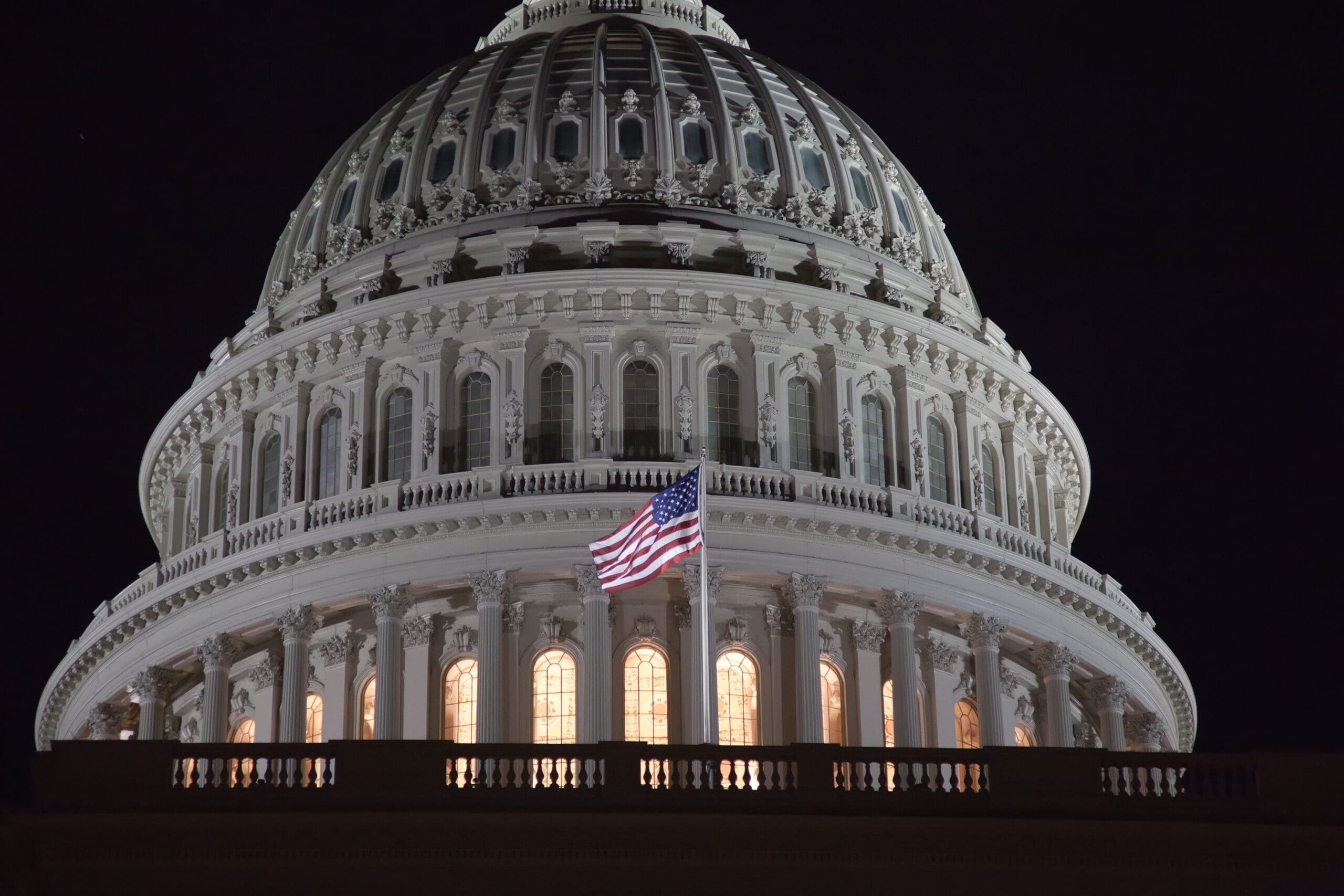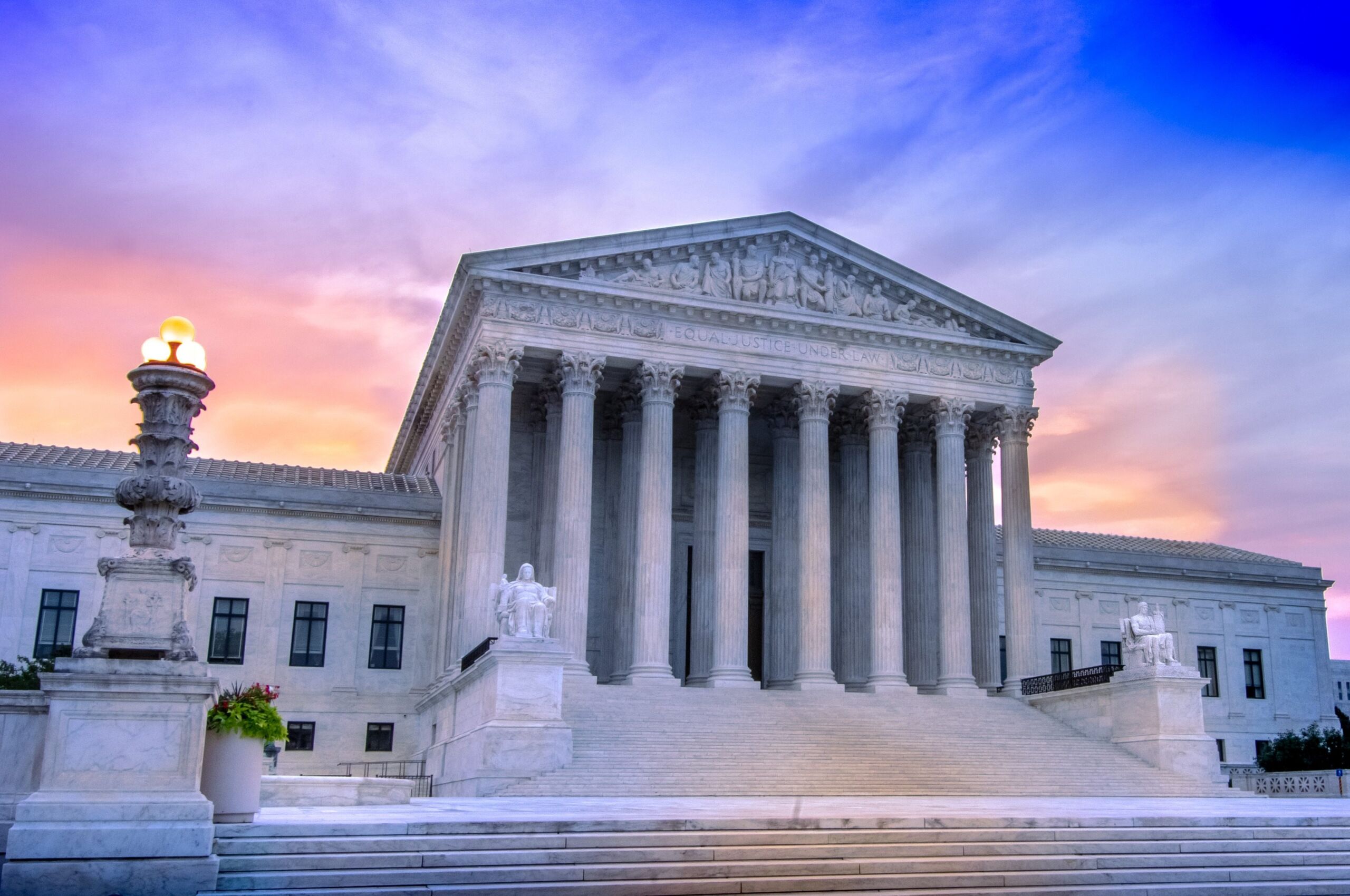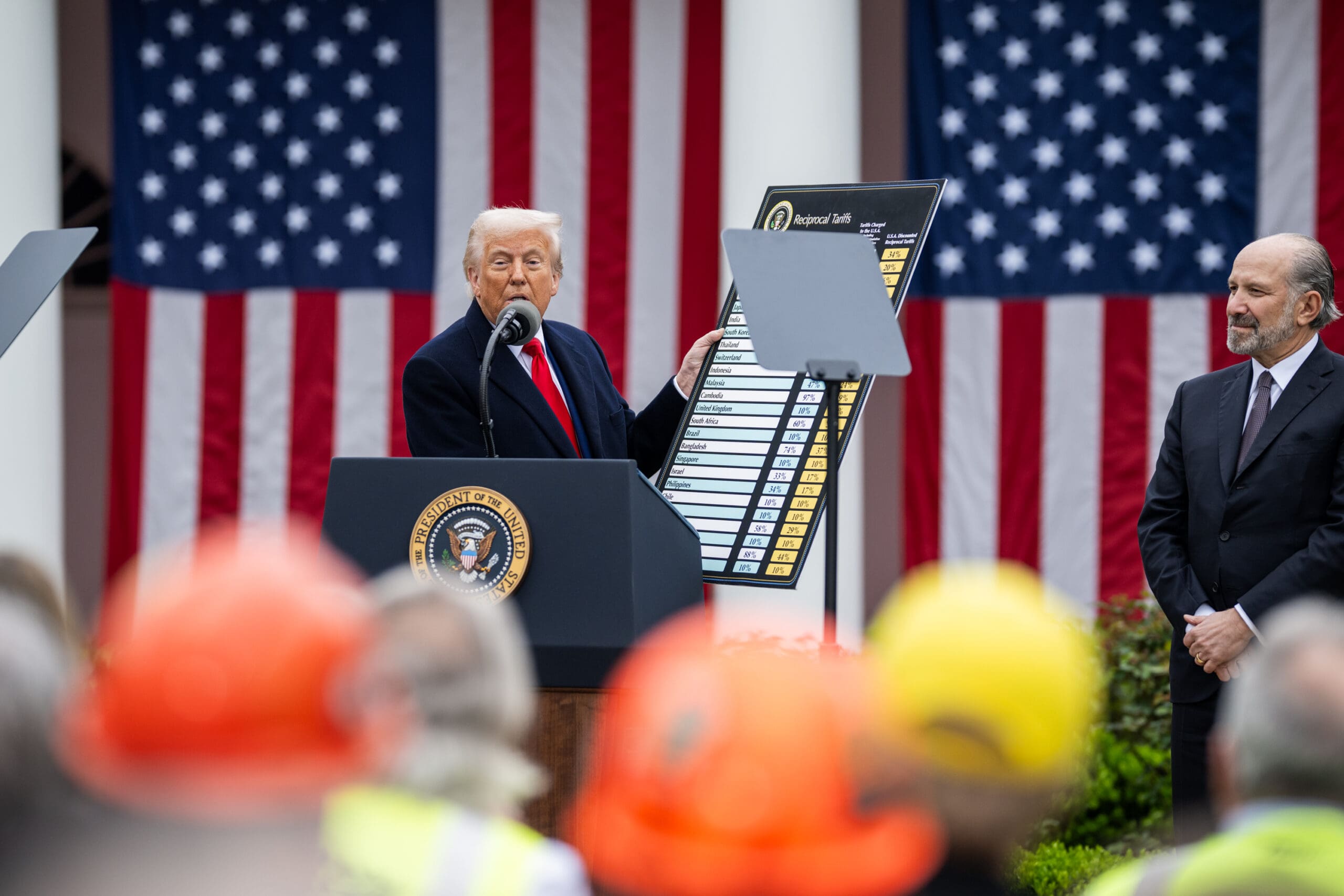The US national debt is on an unprecedented and unsustainable trajectory that will require ever-greater borrowing and larger interest payments on what is borrowed. These interest payments will, in turn, consume a larger part of the budget, and all Americans will pay the price.
For that reason, it’s worth examining not only what the national debt is, but also why higher interest payments matter, and how the One Big Beautiful Bill Act (OBBBA) could worsen the situation.
Debt, Deficits, and Interest
At its most basic level, the national debt is the amount of money that the federal government owes to its creditors. This debt was built up over time by borrowing money to cover budget deficits (i.e., federal spending that exceeded revenue). Despite collecting trillions of dollars in tax revenue every year, the federal government routinely spends beyond its means. In fact, over the last two decades, the US federal government has run a budget deficit every year, with the last budget surplus occurring in 2001. Prior to the OBBBA, the Congressional Budget Office (CBO) projected that annual deficits would grow to $2.6 trillion by 2034.
The federal government has carried debt from its inception, often as a result of military conflicts. Federal borrowing allows the government to fund programs and services even when annual revenues aren’t sufficient.
However, in recent years, total public debt reached historical levels and now stands at a staggering $36 trillion, growing at an ever-increasing magnitude that is unsustainable.
The federal government must meet its financial obligations and pay back the money it borrows with interest. As borrowing rises, interest payments become important to monitor.
Higher interest payments mean less money is available to spend on other federal priorities. Last year alone, interest on the debt reached $1.13 trillion and is set to exceed that in 2025. The situation is so bad that net interest spending has already exceeded spending on national defense and government programs like Medicaid and veterans’ benefits and services. One day, it could become the largest category of federal expenditure.
The OBBBA Will Make Deficits and Debt Worse
Much like other recent congressional fiscal packages, the OBBBA will likely worsen America’s debt situation. Intended to build upon the reforms of the 2017 Tax Cuts and Jobs Act (TCJA), which overhauled the nation’s federal tax code by reforming individual and business taxes, the OBBBA is set to increase federal budget deficits by over $3 trillion between now and 2034, even after accounting for the law’s reductions in spending and positive impacts on economic growth.
In addition to the fiscal cost of making certain large tax provisions permanent, such as current tax rates and brackets, the standard deduction increase, and full bonus depreciation, the OBBBA also includes a number of temporary provisions, like deductions for seniors, auto loans, overtime pay, and tipped income. Regardless of the policy merits of these tax provisions, their combined effect will still increase federal budget deficits, worsen the national debt, and increase interest payments on the debt.
We estimate that the OBBBA will increase interest costs from additional borrowing by $725 billion over the next decade, after accounting for economic growth. As a result of increased deficits and interest costs, we estimate the OBBBA will add about $3.8 trillion to the national debt over the next decade, also after accounting for economic growth.
Evidently, lawmakers will need to do much more to address the growing federal debt and the associated interest costs. Otherwise, the federal government’s ability to address new crises will become significantly more challenging.
Right-Sizing the Ship
Tax revenue is only one side of the equation in keeping a balanced budget. As with our own finances, it is difficult to maintain spending more than we earn. Right-sizing America’s budgetary woes will require more responsible fiscal policies that more closely align spending levels with tax revenues. These are difficult choices that will need to be made soon to avoid even more painful adjustments down the road. On the tax side, there are ways to support a growing economy and bring in more tax revenue. But true fiscal sustainability requires discipline on both sides of the ledger.
Confused? Boost Your Tax Knowledge with TaxEDU
Tax policy can be complex. Thankfully our resources for understanding them aren’t.
Learn more
Share this article


























